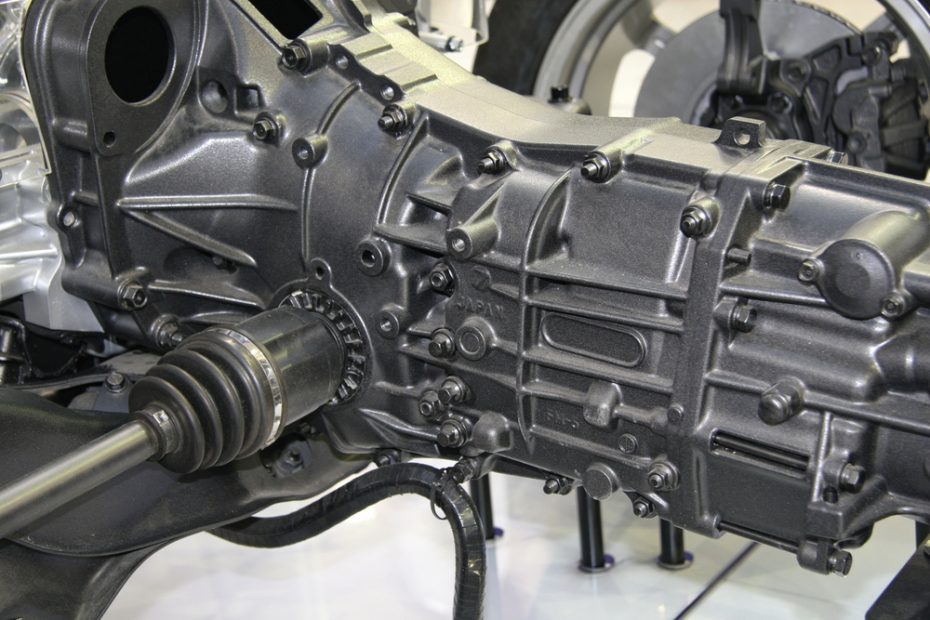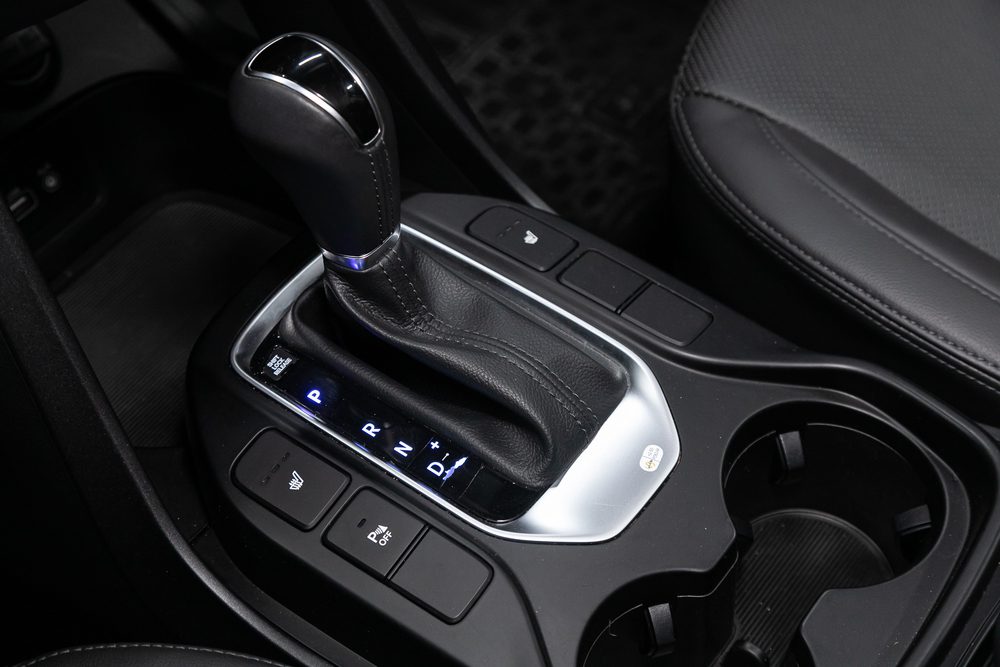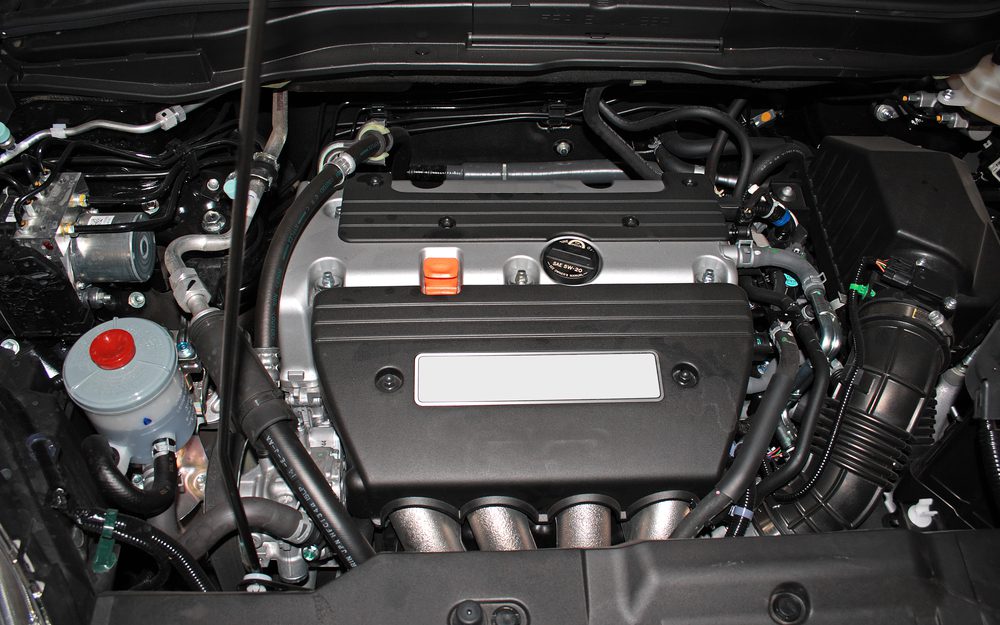What does the ECM control module do?
The Engine Control Module (ECM), also known as the engine control unit (ECU), is a vital component of modern vehicles. It serves as the brain of the vehicle’s engine, controlling and monitoring various functions to ensure optimal performance, efficiency, and emissions control. The ECM performs a wide range of tasks, from regulating fuel injection to managing ignition timing and controlling emissions systems.
Regulating Fuel Injection
One of the primary responsibilities of the ECM is to regulate the fuel injection system. By continuously monitoring data from various sensors, such as the oxygen sensor, mass air flow sensor, and throttle position sensor, the ECM adjusts the fuel delivery to ensure the correct air-fuel ratio for combustion. This precise control helps to maximize fuel efficiency and power output while minimizing harmful emissions.
Managing Ignition Timing
The ECM is also responsible for managing the ignition timing in the engine. Through inputs from sensors like the crankshaft position sensor and the camshaft position sensor, the ECM determines the optimal timing for spark plugs to ignite the air-fuel mixture in each cylinder. By adjusting the ignition timing based on factors such as engine speed and load, the ECM ensures efficient combustion, smooth operation, and optimal power delivery.
Controlling Emissions Systems
To comply with environmental regulations, modern vehicles are equipped with various emissions control systems. The ECM plays a crucial role in controlling these systems, such as the catalytic converter and the exhaust gas recirculation (EGR) system. By monitoring data from sensors and making real-time adjustments, the ECM helps to reduce harmful emissions and maintain compliance with emission standards.
Additional Functions of the ECM
In addition to the core tasks mentioned above, the ECM performs several other functions to optimize the overall performance of the engine and vehicle. These include:
- Monitoring and adjusting engine idle speed
- Controlling the electronic throttle
- Managing variable valve timing
- Regulating turbocharger or supercharger operation
- Controlling the cooling fan operation
- Coordinating with the transmission control module for smooth shifting
- Overseeing on-board diagnostics (OBD) to detect and report malfunctions
With its ability to process vast amounts of data and make instantaneous adjustments, the ECM ensures that the engine operates optimally under various driving conditions. It acts as a sophisticated control system, constantly analyzing inputs from sensors and making precise decisions to optimize performance, fuel efficiency, and emissions control.
Overall, the ECM control module is a critical component of a vehicle’s engine management system. It acts as the central hub, continuously monitoring and regulating various engine functions to ensure optimal performance, efficiency, and emissions control. Without the ECM, modern vehicles would not be able to achieve the levels of performance and efficiency that drivers have come to expect.
Is the ECM the main computer?
The Engine Control Module (ECM) is often referred to as the main computer in a vehicle. However, it is important to understand that while the ECM plays a vital role in controlling various aspects of the engine, it is not the only computer responsible for managing all the functions within a vehicle.
The ECM’s Role
The ECM is primarily responsible for monitoring and controlling the engine’s performance. It receives information from various sensors throughout the engine and makes necessary adjustments to optimize fuel efficiency, ignition timing, and emissions control. It also communicates with other systems in the vehicle to ensure smooth operation.
Other Control Modules
Modern vehicles are equipped with multiple control modules that work together to manage different systems. These include the Transmission Control Module (TCM) for controlling the transmission, the Body Control Module (BCM) for regulating various electrical components, and the Anti-lock Braking System Control Module (ABS) for handling the braking system.
Integration and Communication
All these control modules are interconnected and communicate with each other through a network known as the Controller Area Network (CAN).
In a vehicle, the ECM acts as an important control unit, but it works alongside other control modules to ensure proper functioning of the entire vehicle.
Understanding the Hierarchy
While the ECM is crucial for managing the engine’s performance, it is just one piece of the puzzle. The hierarchy of control modules depends on the complexity of the vehicle and the number of systems that need to be managed.
What is the difference between ECU and ECM and PCM?
Introduction
When it comes to automotive control systems, you may have come across various acronyms such as ECU, ECM, and PCM. While these terms are often used interchangeably, there are subtle differences between them that are worth understanding. In this article, we will delve into the dissimilarities between ECU, ECM, and PCM to shed light on their functionalities.
Electronic Control Unit (ECU)
An Electronic Control Unit, or ECU, is a generic term used to describe any electronic control module that manages and controls a specific aspect of an automobile’s operations. ECUs are responsible for regulating functions such as engine performance, transmission shifting, fuel injection, and more. They receive inputs from various sensors and use complex algorithms to make decisions and send output signals to actuators.
Engine Control Module (ECM)
The Engine Control Module, or ECM, is a type of ECU specifically designed to control the functions related to the engine. It oversees essential tasks like ignition timing, air-fuel mixture, throttle control, and emissions control. The ECM analyzes data from sensors and adjusts parameters to optimize engine performance and efficiency.
Powertrain Control Module (PCM)
The Powertrain Control Module, or PCM, is a more comprehensive control module that governs both the engine and transmission systems. It combines the functionalities of an ECM and a Transmission Control Module (TCM) into a single unit. The PCM regulates engine performance while also managing gear shifting, torque converter lock-up, and other transmission-related aspects.
Differences and Similarities
Although there are some variations in their specific functions, the terms ECU, ECM, and PCM are often used interchangeably because they fulfill similar roles within a vehicle’s control systems. However, it is important to note that not all vehicles employ the same terminology. Some manufacturers may use ECU to refer to the engine-related control module, while others prefer ECM or PCM.
ECU, ECM, and PCM are all critical components of modern automotive control systems, ensuring optimal performance and efficiency.
In summary, while ECU is a broad term encompassing any electronic control module, ECM refers specifically to the engine control module, and PCM combines both engine and transmission control functions into one unit.
Is the ECM the brain of a car?
The Engine Control Module (ECM), also known as the Engine Control Unit (ECU), plays a crucial role in the functioning of a car. It can be considered as the brain of a car, as it controls and monitors various aspects of the vehicle’s operation.
What is the ECM?
The ECM is an electronic control unit that manages the engine’s performance by receiving information from different sensors installed throughout the vehicle. It interprets this data and makes adjustments to optimize fuel delivery, ignition timing, and emissions control.
Functions of the ECM
The ECM performs several important functions:
- Engine Management: The ECM controls fuel injection, air intake, and exhaust systems for optimum engine performance.
- Ignition System: It manages the ignition timing to ensure efficient combustion.
- Transmission Control: The ECM regulates the shifting of gears in automatic transmissions based on various factors.
- Emission Control: It monitors and adjusts emission levels to comply with environmental regulations.
- Diagnostic Capabilities: The ECM can store fault codes and provide diagnostic information for troubleshooting.
Importance of the ECM
The ECM is essential for the smooth operation of modern cars. Without it, the engine would struggle to perform efficiently, resulting in poor fuel economy, increased emissions, and potential engine damage. The ECM’s ability to monitor sensor data allows for real-time adjustments, optimizing performance and reducing wear and tear on the engine components.
Quotes:
“The ECM acts as the car’s central nervous system, processing information and sending commands to various systems.” – Car Mechanic Magazine
ECM vs. Human Brain
While the ECM can be compared to the brain of a car, it is important to note that the complexity and capabilities of the human brain far surpass those of the ECM. The ECM operates within predetermined parameters and cannot replicate the intelligence, creativity, and adaptability of the human brain.
Conclusion
The ECM is an essential component of a vehicle’s control system, but it is not the sole computer responsible for managing all the functions. It works in conjunction with other control modules to ensure optimum performance and smooth operation of the vehicle.
Understanding the difference between ECU, ECM, and PCM can help vehicle owners and enthusiasts better comprehend their car’s control systems. Whether it’s the engine control module (ECM), powertrain control module (PCM), or another type of electronic control unit (ECU), these components play vital roles in ensuring the smooth operation and performance of modern automobiles.
- ECU: Generic term for any electronic control module
- ECM: Engine-specific control module
- PCM: Combined engine and transmission control module
Although the ECM cannot fully mimic the complexities of the human brain, it is an integral component of a car’s functioning. With its ability to control and monitor various systems, the ECM ensures optimal performance, efficiency, and reliability.



